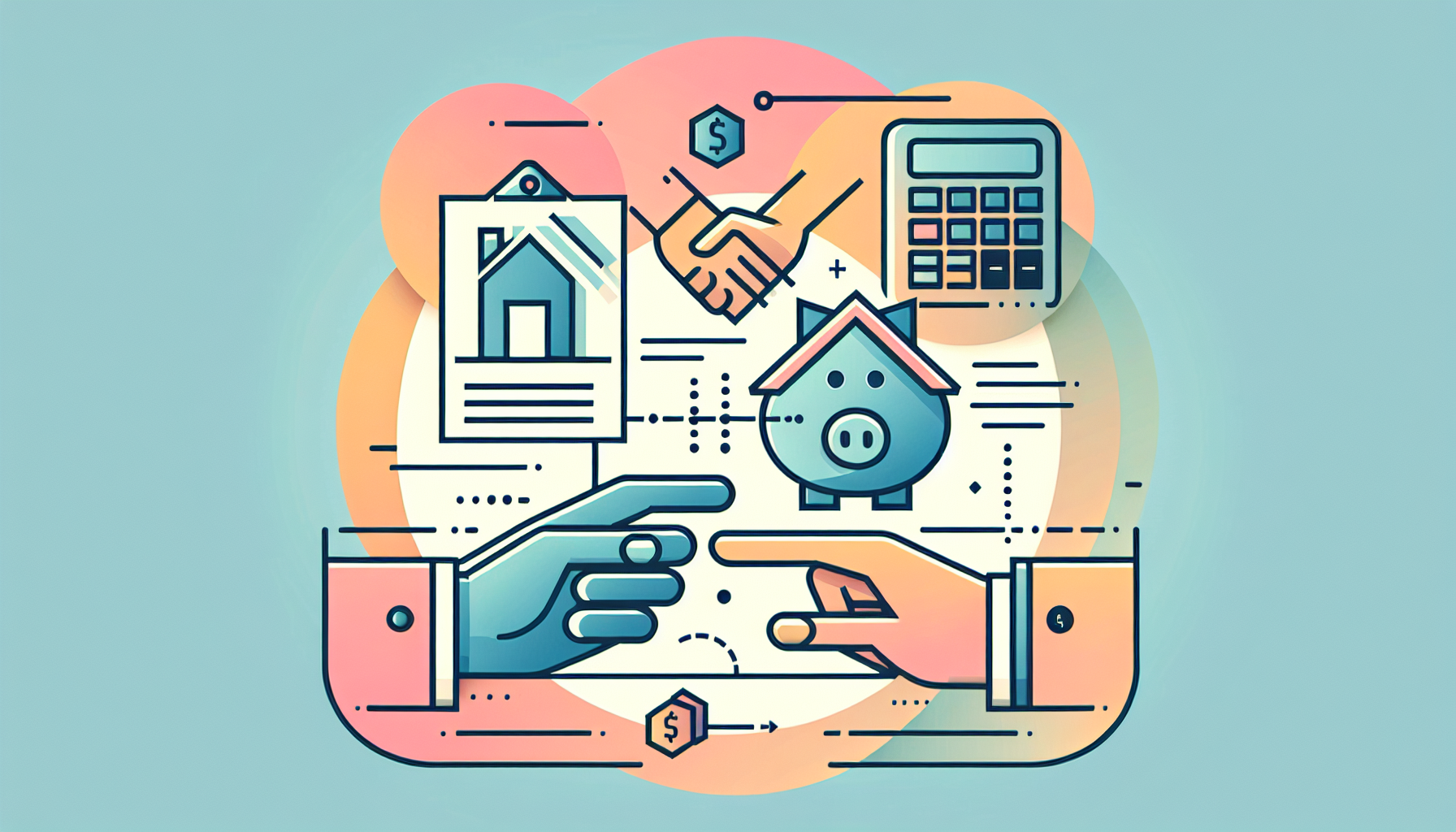Understanding Mortgage Forbearance Consequences

Mortgage forbearance is a temporary financial lifeline that allows homeowners to pause or reduce their mortgage payments during times of financial hardship. This arrangement can provide much-needed breathing room for those facing unexpected expenses, job loss, or other financial challenges. However, understanding the consequences of mortgage forbearance is crucial to making informed decisions about your financial future.
Understanding Mortgage Forbearance
Mortgage forbearance is not a forgiveness of debt but rather a temporary suspension of payments. It is designed to help homeowners avoid foreclosure by giving them time to recover from financial setbacks. During the forbearance period, interest may continue to accrue, and the borrower must eventually repay the missed payments.
How Forbearance Works
To qualify for mortgage forbearance, homeowners typically need to demonstrate financial hardship to their lender. This involves providing documentation such as income statements, household expenses, and evidence of the hardship. Forbearance agreements vary in duration, usually lasting between three to six months, though they can be extended in some cases.
For example, if you lose your job and cannot afford your mortgage payments, you might apply for forbearance to avoid missing payments and risking foreclosure. However, it's essential to communicate with your lender early to ensure you meet the requirements and understand the terms of the agreement.
Post-Forbearance Options
Once the forbearance period ends, borrowers must resume their regular mortgage payments and address the missed payments. There are several options for repaying these amounts:
Reinstatement
Reinstatement involves making a lump-sum payment for all missed payments, plus any accrued interest or fees. This option is best for those who have regained financial stability and can afford to pay the full amount upfront.
Repayment Plan
A repayment plan allows borrowers to spread the missed payments over several months by adding them to their regular mortgage payments. This option is more manageable for those who cannot afford a lump sum but can handle increased monthly payments.
Payment Deferral
Payment deferral involves setting aside the missed payments to be paid at the end of the loan term, when the house is sold, or when the mortgage is refinanced. This option is beneficial for those who can resume regular payments but cannot afford additional payments immediately.
Mortgage Modification
Mortgage modification permanently changes the terms of the loan to make payments more affordable. This can involve extending the loan term, reducing the interest rate, or adding missed payments to the principal balance. Modification is ideal for borrowers facing long-term financial challenges.
For more detailed information on these options, you can visit Rocket Mortgage or consult with a financial advisor.
Loan Modification vs. Forbearance
While both loan modification and forbearance are tools to help borrowers manage financial hardship, they serve different purposes:
Forbearance
- Temporary Relief: Forbearance provides short-term relief by pausing or reducing mortgage payments.
- No Permanent Changes: It does not alter the loan's original terms.
- Interest Accrual: Interest continues to accrue during the forbearance period.
Loan Modification
- Permanent Changes: Loan modification permanently alters the loan terms to make payments more affordable.
- Long-Term Solution: It is designed for borrowers facing ongoing financial difficulties.
- Credit Impact: Both options can affect credit scores, but modification may offer more stable long-term financial management.
To explore loan modification options, you can visit Experian for insights on managing post-forbearance financial strategies.
Credit Impact of Forbearance
Mortgage forbearance can have a negative impact on your credit score, as missed payments are typically reported to credit bureaus. However, the impact may be less severe than that of foreclosure or multiple late payments. It's crucial to discuss the potential credit implications with your lender before entering a forbearance agreement.
For guidance on managing credit during financial hardship, you can consult resources like Nolo, which provides detailed legal and financial advice.
Real-World Examples and Case Studies
Let's consider a real-world scenario:
Imagine Sarah, who recently lost her job due to company restructuring. She applies for mortgage forbearance to avoid missing payments while she looks for a new job. After six months, Sarah finds employment and can resume her mortgage payments. She opts for a repayment plan to catch up on the missed payments over the next year.
In another scenario, John faces a long-term reduction in income due to health issues. He decides to pursue a loan modification to permanently reduce his monthly mortgage payments, making them more sustainable for his new financial situation.
Both scenarios highlight the importance of understanding the options available and choosing the one that best fits your financial circumstances.
Conclusion and Next Steps
Mortgage forbearance can be a valuable tool for managing financial hardship, but it's essential to understand its implications and explore all available options. Whether you choose forbearance, a repayment plan, or loan modification, it's crucial to communicate clearly with your lender and consider the long-term effects on your credit and financial stability.
For homeowners navigating these complex financial decisions, tools like the WP Ultimate Loan & Mortgage Calculator can provide valuable insights into your mortgage obligations and help you make informed decisions about your financial future. If you have questions or need personalized advice, don't hesitate to Contact Us for assistance.
Additionally, you can explore more resources on managing mortgage payments and financial hardship from reputable sources like Rocket Mortgage and Business Insider. These resources can help you navigate the complexities of mortgage forbearance and find the best path forward for your financial situation.











